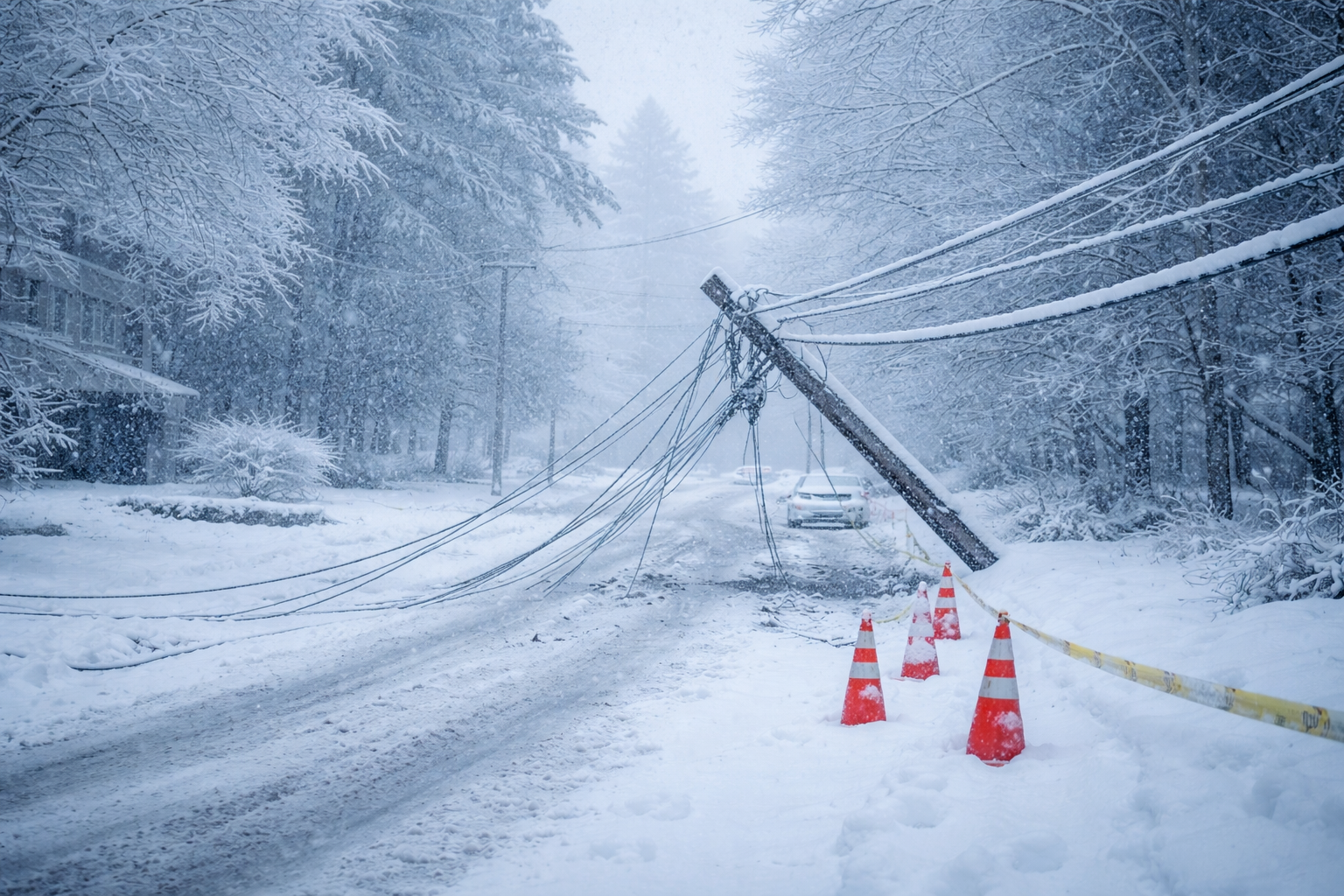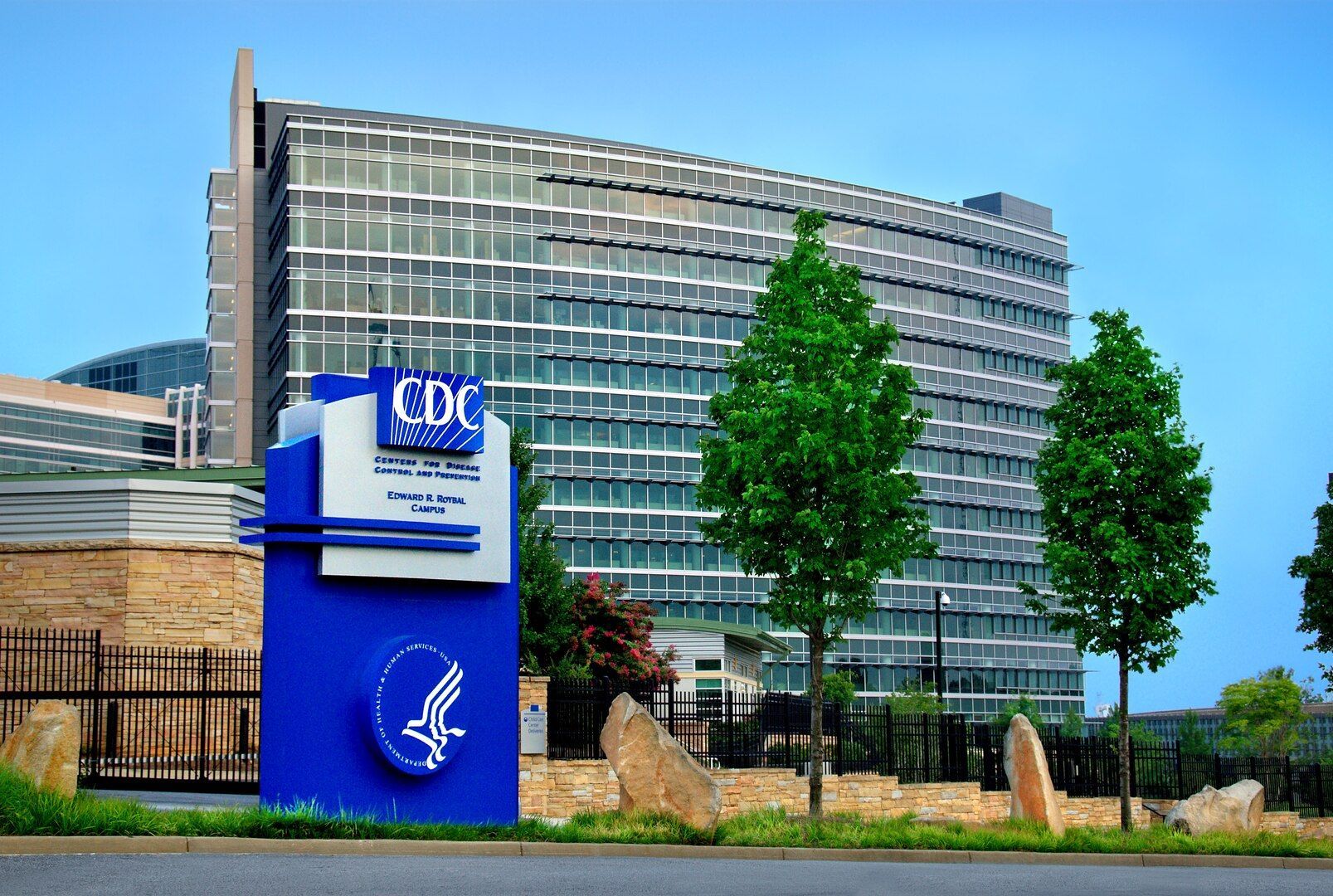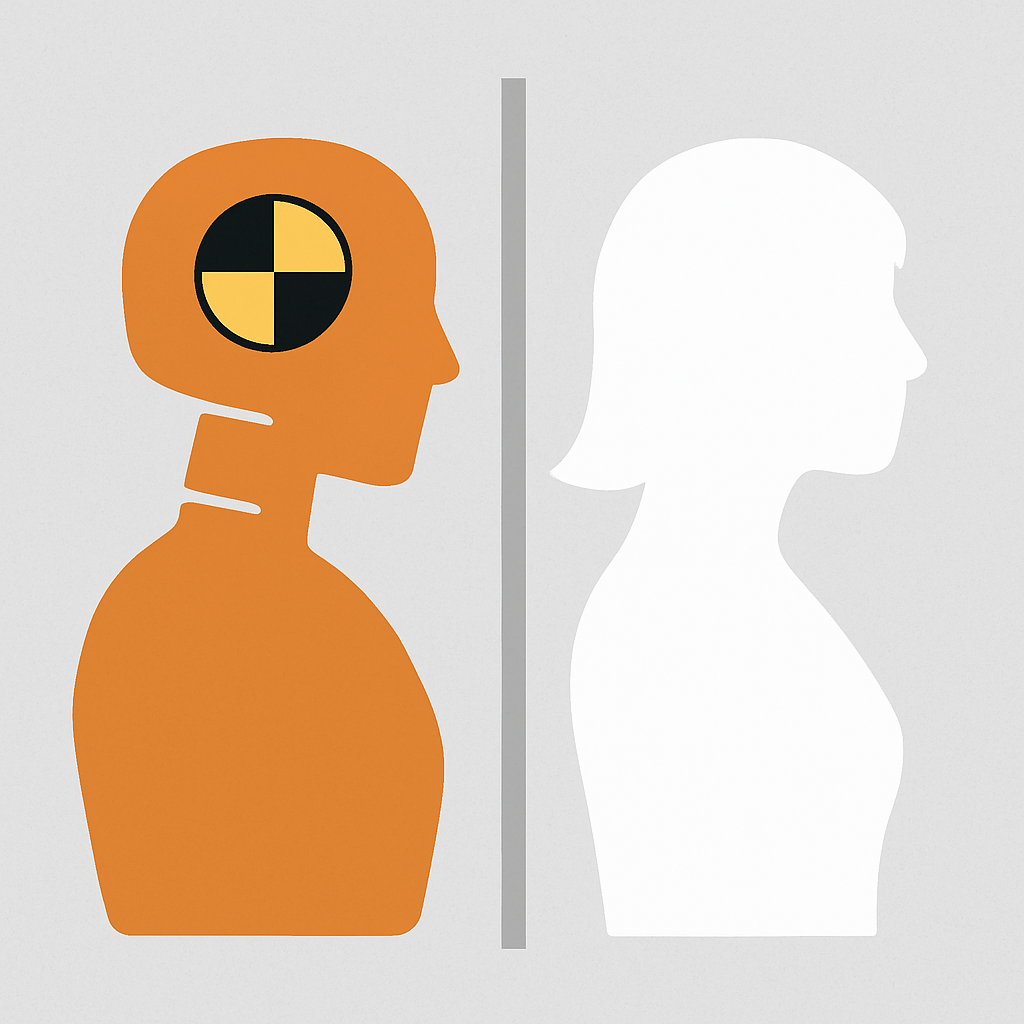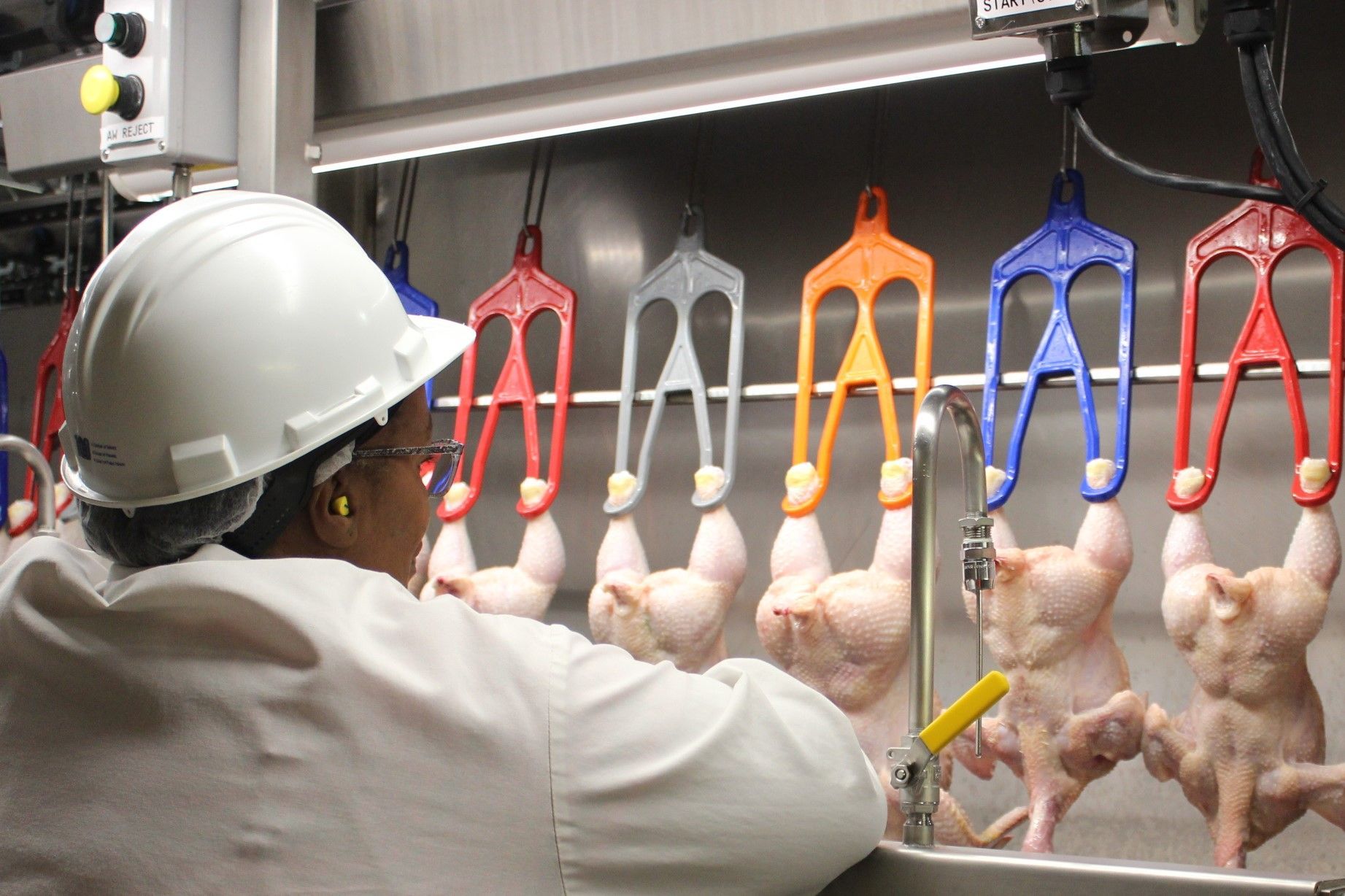WARNING: TRUMP'S RE-ELECTION MEANS A DEREGULATORY NIGHTMARE FOR CONSUMERS
In my best-selling book, Murder, Inc.: How Unregulated Industry Kills or Injures Thousands of Americans Every Year...And What You Can Do About It, I propose a safety triad consisting of three components: manufacturers, regulators and consumers. All three must function properly in order to keep us safe. Manufacturers must produce and market safe (or safe as possible) products and warn us about any potential hazards so that we can make informed choices about whether or not to purchase their product and/or how to use it safely. Regulators, by imposing and implementing necessary rules and regulations, should hold manufacturers accountable for the above stated actions and to endure that they engage in "principled disclosure" by warning us about any potential hazards and dangers associated with their products. And, finally, Consumers, especially in the absence of well-meaning manufacturers or competent, well-intentioned regulators, must be highly diligent by researching products and learning about potential hazards prior to buying and/or using them.
All three, manufacturers, regulators and consumers, must perform their jobs or the safety triad may fail to protect us and our loved ones. Think of a three-legged stool that distributes the weight of a person sitting on the stool, equally among the three legs. But what would happen if we leaned heavily to one side of the stool, essentially spreading the weight that was once borne by three legs to the two legs remaining braced to the floor. Unfortunately the third leg is no longer contributing to the stability of the stool, which may actually collapse because the two remaining legs may not be able to handle the amount of weight that was intended to be equally distributed among all three legs.

That is precisely what might happen to our safety triad if President-Elect Donald Trump carries out his campaign promises (and those listed in the notorious Project 2025 developed an written by former members of his first presidency) to significantly de-regulate the Federal Government, starting with the automobile and oil industries and continuing into virtually every level of our government, including EPA regulations governing our water, air and climate as well as our health and personal safety overseen by such agencies as the FDA and CDC. If past is prologue, then we only have to look at the de-regulatory frenzy Trump engaged in during his first term as President. Over four years, the Trump administration dismantled major climate policies and rolled back many more rules governing clean air, water, wildlife and toxic chemicals.
In all, a New York Times analysis, based on research from Harvard Law School, Columbia Law School and other sources, counts nearly 100 environmental rules officially reversed, revoked or otherwise rolled back under Mr. Trump. More than a dozen other potential rollbacks remained in progress by the end but were not finalized by the end of the administration’s term.

As of this writing, Trump has selected former NY Congressman and 2022 Republican NY Gubernatorial candidate, Lee Zeldin, to head up the EPA. Zeldin backed Trump’s 2017 exit from the Paris Climate Agreement, telling Bloomberg in 2018 that the U.S. should not reenter the agreement “as it currently stands,” arguing it did not impose enough responsibility on other countries relative to the U.S. “It’s not anywhere close to a level playing field,” he added.
He also took aim at the Hochul administration’s climate targets in a July Fox News op-ed. In the article, he ridiculed the state goal of 70 percent renewables by the end of the decade, established under Hochul’s predecessor Andrew Cuomo, as “whimsical,” and noted that as of last summer, the state was on track to only hit 44 percent by 2030.
Not only do we have to worry about Zeldin, we cannot ignore the stated goals of Project 2025:
The Project 2025 playbook proposes replacing tens of thousands of career civil servants, such as scientists at the U.S. Environmental Protection Agency (EPA), with far-right, non-expert loyalists to usher in a radical agenda that would make it easier for big corporations to dump dangerous toxins into the U.S. water supply and air. This would place corporate profits over the health of the American people and the environment. An April, 2024 joint staff report by the Democratic staff of both the House Committee on Oversight and Accountability and the Senate Budget Committee sheds light on how fossil fuel companies have attempted to undermine efforts to curb pollution while they earn record-breaking profits.
These far-right loyalists would seek to erode the fundamental freedom of every American to breathe clean air and drink safe water and, in so doing, would significantly increase the number of Americans suffering from asthma, cancer, heart disease, reproductive health harms, child development delays, and other health conditions.
And this is just the damage Trump and his de-regulatory nightmarish policies could produce regarding our air, water and climate. Think about the damage from deregulating our food, drugs, automobiles, worker safety policies, etc., etc.

If Trump does indeed unleash a de-regulatory nightmare upon us, the three legged safety triad will come crashing down UNLESS we, the consumers, do our job and save the third leg of the triad.
The third leg of my safety triad is you, the worker and/or the consumer. who when faced with a greedy corporation and a totally conflicted regulator must take steps, mostly self-educational, to protect you and your family. That means going to the library, reading newspaper stories, making phone calls to regulators and manufacturers alike, reading warning and safety labels and instructions, joining consumer advocacy groups. In other words, if the people who make unsafe products and the government regulators can’t or won’t do their jobs, we the people must take charge of our own safety, gather as much information as possible, so that we can make informed choices for us and our loved ones. We have no other choice, especially under the coming Trump administration.
